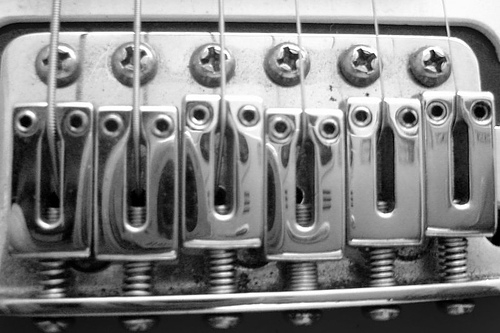
A lot of people choose to use water instead of engine coolant in their vehicles. You can use water as a coolant, especially in a pinch, but there are advantages to using a chemical engine coolant.
Coolant doesn't freeze. If you use water as a coolant in the winter it will freeze and damage your engine, radiator and water pump. You should only use water at temperatures well above freezing.
Water boils at around 100 degrees. Engine coolant has a much higher boiling point. It can withstand much higher temperatures. Don't use water on long car trips or or during unusually high temperatures, as it can allow your car to overheat.
Water has chemicals in it, such as minerals and salts, that can cause corrosion. Commercial coolants have ingredients that prevent corrosion and lubricate your cooling system.
If you choose to use water instead of coolant you will need to monitor your car's temperature and the level of water in your reservoir. You will also need to drain out the water if outdoor temperatures get close to freezing.
Many people use water as an engine coolant because its much cheaper then commercial coolants. Its important to consider the long-term costs, such as engine repair and corrosion, when deciding which to use.